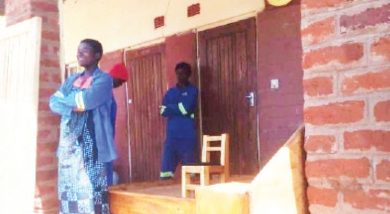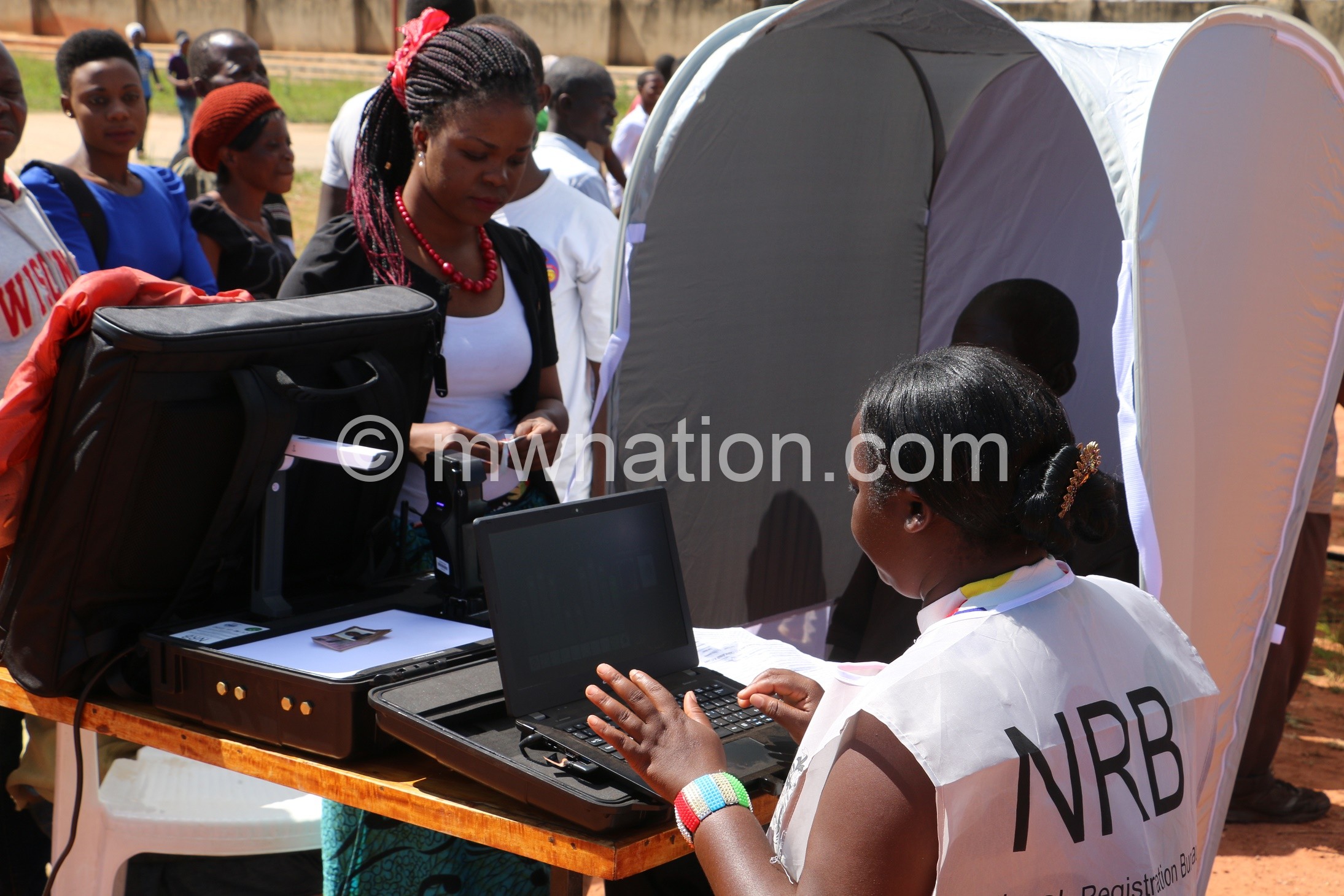We’re in crisis,Says Chakwera
President Lazarus Chakwera has admitted that Malawi is in an economic crisis, but said the painful prescriptions to cure the domestic economy give hope of recovery.
In his address yesterday when he officially opened the Economics Association of Malawi (Ecama) 2021 Annual Lakeshore Conference underway in Mangochi under the theme ‘Industrialisation and Trade Development for
Sustainable Economic Growth and Job Creation’, the President said the economy was severely damaged by three decades of bad governance, cycles of natural disasters, months of political instability and waves of Covid-19 pandemic.
He said putting back the economy on full recovery will require making sacrifices that demands Malawians to bleed and sweat to achieve priorities such as becoming a self-reliant and middle-income economy by 2063.
Chakwera said: “The bottom line is that our economic sickness is not going to be cured by painkillers. We must remain resolute in administering real treatment however bitter the pill.

“That real treatment is making sacrifices in our conveniences to make investments that increase productivity and industrialisation in agriculture, energy, and transport as drivers of job creation, wealth creation and food security.”
The President’s sentiments to economists comes days after the country on Monday embarked on a journey to actualise the Malawi 2063 (MW2063), the ambitious long-term national development master-plan that seeks to transform Malawi into a wealthy and self-reliant industrialised ‘upper middle-income country’.
The blueprint projects that if the economy grows at an annual average rate of six percent, Malawi could attain the low middle income status by 2030.
The World Bank defines an upper middle-income country as one with a gross national income (GNI) per capita ranging between $4 046 and $12 535 per year.
In his address, Chakwera acknowledged that the private sector is also facing a myriad of challenges which have led to stagnation. He cited high production costs due to
inefficiencies in energy and transport, poor standards leading to non-competitive products on international markets, lack of appropriate skills and uptake of technology, high costs of doing business and deficient enabling infrastructure, low access to export markets, governance challenges with regard to policy making and implementation, and a hostile environment for the growth of micro, small and medium enterprises.
On the impact of Covid-19, he said the pandemic has continued to disrupt economic activities within Malawi while also disrupting global supply chains with a direct knock-on effect on the country’s exports, participation in international trade and foreign exchange supply.
Last year, Malawi’s economy grew by a paltry 0.9 percent, one of the lowest growth rates in the country’s history.
This year, real gross domestic product (GDP) growth is projected to rebound to 3.8 percent, still way below the six percent threshold which development economists say impact meaningfully on poverty reduction efforts.
Chakwera said the projected rebound in GDP growth rate this year is on account of the recovery that his administration has brought to pandemic-affected sectors such as hospitality, food, transportation, manufacturing, and wholesale and retail.
He said government has successfully managed the delicate balance between regulating public behaviour that fuel the spread of Covid-19 and responsibly opening up the economy as cases have declined.
On his part, Vice-President Saulos Chilima, who is also Minister of Economic Planning and Development; and Public Sector Reforms, highlighted the role industrial economic development plays in the economy, citing employment generation and improving living standards of people.
Speaking earlier, JTI (Malawi) Limited director of corporate affairs and communications Limbani Kakhome, speaking on behalf of tobacco buying companies, told the conference that the European Union (EU) is currently considering introducing trade restrictions on crops such as tobacco, sugar and tea.
He said the restrictions are similar to the United States (US) government’s World Release Order (WRO).
In November 2019, the United States of America, through its Customs and Border Protection (CBP), issued the WRO against tobacco and tobacco products from Malawi following concerns that they were produced using child labour.
Malawi exports about 10 million kilogrammes of tobacco to the USA annually.
In his presentation titled ‘Addr e s s ing Regul a tor y Requirements on Supply Chain for Malawi’s Export Crops’, Kakhome told delegates that EU targets to introduce such trade restrictions by 2023.
He said: “That would be catastrophic to Malawi.”
Kakhome said many countries around the globe are adopting mandatory requirements and are abandoning voluntary guidelines, stressing that rules of the game in the tobacco sector have changed and the country requires satisfying certain standards in order to penetrate some strategic markets.
The EU is Malawi’s biggest export destination.





